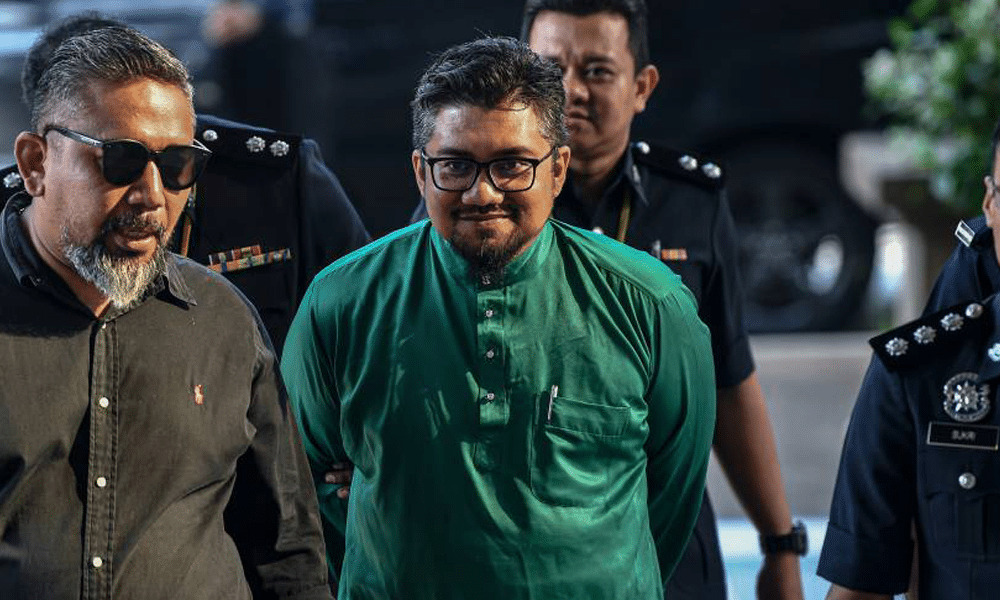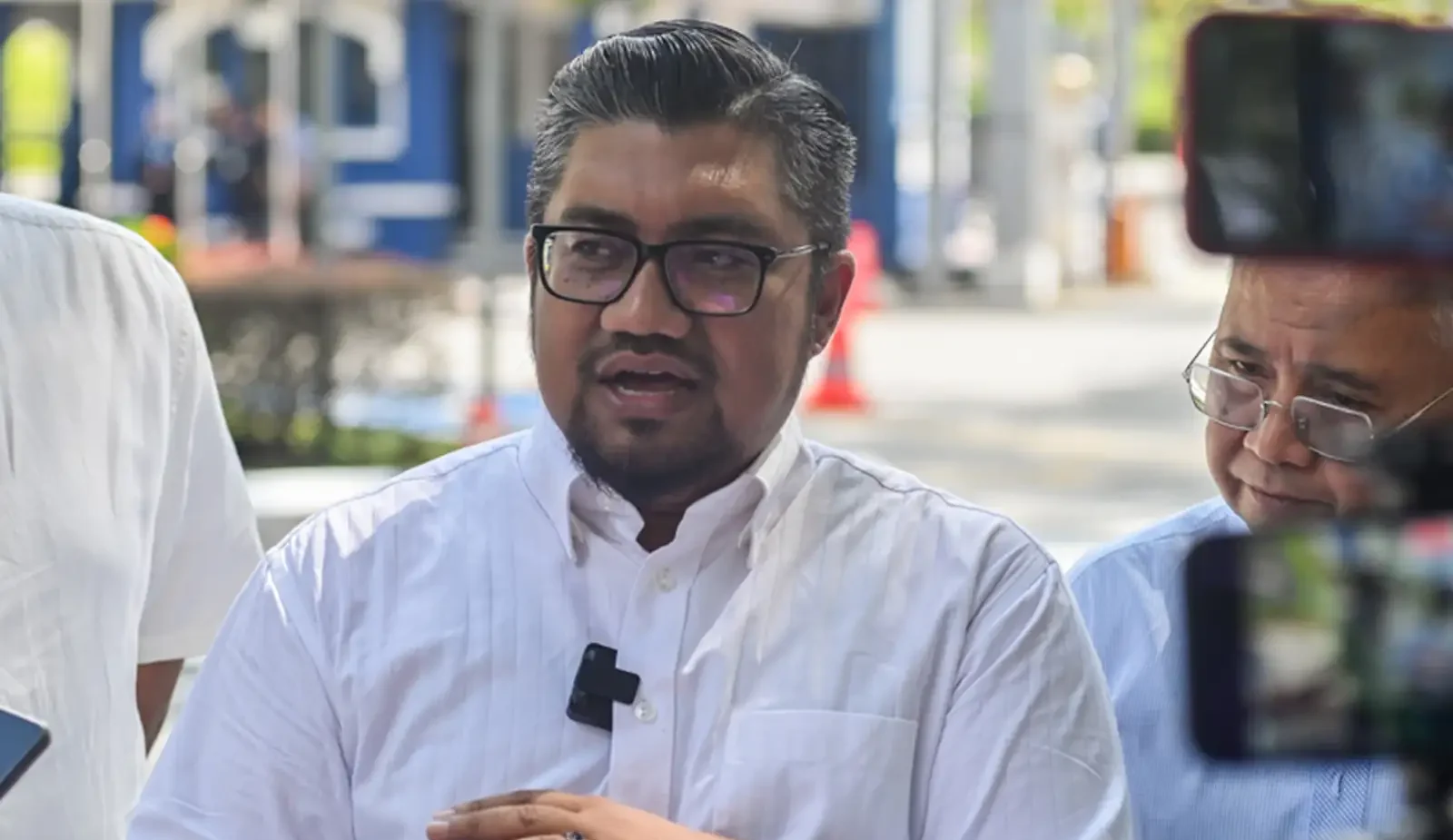Opposition activist Chegubard, known officially as Badrul Hisham Shaharin, faced arrest and detention by Malaysian authorities following his Facebook post that disclosed confidential documents allegedly implicating a high-ranking navy official in corruption. The post, dated July 22, led to charges under the Official Secrets Act and internet laws. This incident follows a similar case earlier in the year when Chegubard was charged under the Sedition Act for allegedly insulting the king.
The Malaysian government is responding to rising online controversies by pushing for stricter internet regulations. New policies include licensing requirements for social media platforms and a proposed “kill switch” to control harmful content aimed at minors. Critics argue that these measures could lead to broader internet censorship and suppression of dissent, echoing concerns about authoritarian trends.
Chegubard’s recent arrest has sparked criticism of the current government’s approach towards whistleblowers and free speech. His lawyer, Rafique Rashid, lamented the lack of protection for whistleblowers under the Madani government, which is supposed to embody respect and compassion. The situation reflects growing authoritarian tendencies under Prime Minister Anwar Ibrahim, who initially championed dissent through his Reformasi movement.

Amid these developments, the government’s plans to regulate social media have raised fears of state censorship reminiscent of practices in China. Deputy Prime Minister Ahmad Zahid Hamidi’s comparison of Malaysia’s measures to Chinese internet controls has intensified these concerns. The proposed regulations, including mandatory licensing for major social media platforms and a “kill switch,” have led to apprehension among free speech advocates.
The new regulations could impose significant penalties on social media platforms that fail to comply, including hefty fines and potential imprisonment. The government argues that these measures are necessary to address issues like cybercrime, online bullying, and other harmful content. However, experts and critics worry about the potential overreach and its impact on freedom of expression.
Zubaile Abdullah, a cybersecurity expert, has called for clarity and specificity in the new laws to prevent overreach and protect freedom of expression. Similarly, Shawn Crispin from the Committee to Protect Journalists has cautioned against measures that could stifle press freedom and independent voices. These concerns highlight the tension between enhancing digital security and maintaining democratic freedoms.
The Malaysian government’s approach follows a regional trend of tightening control over the internet. Countries like Singapore and Thailand have implemented stringent regulations to manage online content and dissent. Malaysia’s move to impose licensing and other controls reflects a broader regional pattern of increased regulatory oversight, raising concerns about its impact on free speech and political dissent.
The government’s recent actions, including criminalizing cyberbullying and targeting online scams, have been influenced by high-profile cases such as the suicide of a local influencer due to online harassment. Despite these measures’ intent to address pressing issues, there is growing unease about the potential for these regulations to be used to suppress criticism and dissent, echoing concerns from Malaysian rights advocates.







Leave a Reply